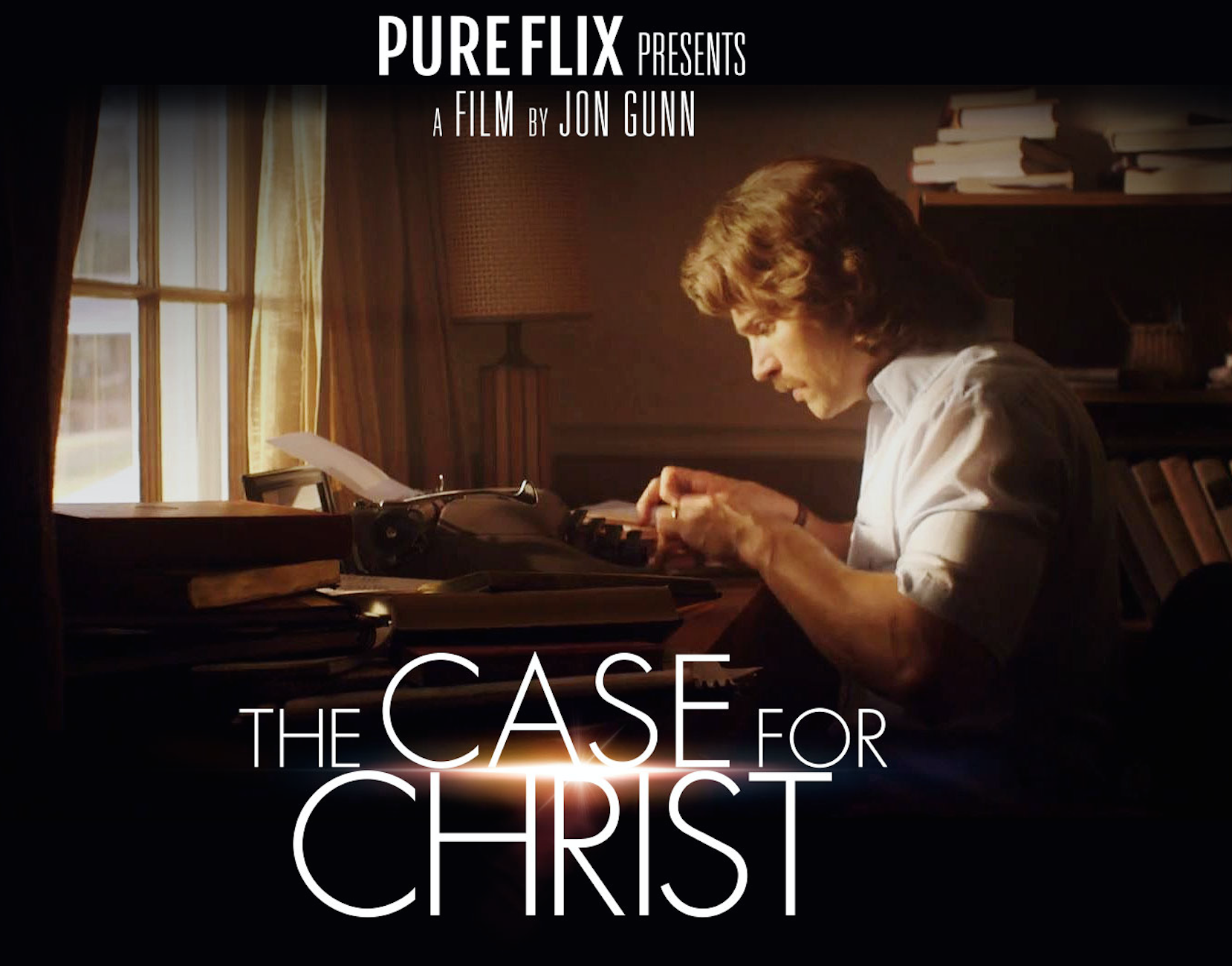The short summary of this blog is: I highly recommend the movie The Case for Christ. Maybe I should just quit there and call it a tweet. If you have a few more moments, here are my thoughts about the film. This won’t be a movie review, which you can read elsewhere. Nor is it merely a recommendation. I want to offer a few thoughts about using this movie as a way to reach out to non-believers.
First, I must confess that I have not enjoyed a lot of Christian movies. Sometimes, I’m embarrassed by their cheesiness or lack of subtlety. Perhaps the last one I liked was Chariots of Fire (a movie some of you may not even know of, a fact which prompts some sadness for me). So I had some apprehension about seeing The Case for Christ.
I was pleasantly surprised at how well it was produced, acted, and scripted. While much of the film was indeed a depiction of Strobel’s investigative research about the resurrection of Jesus (fueled by his journalistic zeal and some marital strife after his wife’s conversion), I found the film more compelling than the book. The screenplay wove together three important stories – one from Strobel’s home-life, one from his work-life and the third from his internal struggles. Suffice it to say there was enough overlap to form a well-crafted, unified drama.
Much more could be said by way of film criticism. But I want to point your attention to ways to use the film in evangelism. I think the movie could help us as we try to start or continue dialogues with outsiders about the gospel. I felt the film portrayed fairly those who identified themselves as atheists or skeptics. And I also thought they did not misrepresent believers as perfect saints. In fact, one of Strobel’s co-workers, a Christian, came across as rather unkind in a few places. That almost helps our cause in an odd way.
There are enough basic apologetic ingredients presented in a narrative way to motivate non-believers to investigate Jesus’s resurrection on their own. Strobel consulted experts in history, archeology, psychology, medicine, and philosophy to see if his wife had gone crazy or joined a cult. A thoughtful, open outsider could resonate with intellectual questions, emotional struggles, and relational tensions that the film depicts accurately without overstatement.
My guess is that the movie won’t be in theaters for too long. But movies today take on a second and, in many cases, longer life after the release by Netflix and similar distribution systems. In fact, I anticipate the film will have a greater evangelistic effect when people can watch it in the privacy of their homes. There’s something intimidating for a skeptic to walk into a multiplex, ask for a ticket to “The Case for Christ” and then select the specific theater which has on its marquee the single word “Christ” (as was the case where I saw the film).
Let’s promote this film in interpersonal, private ways that prompt our atheist, agnostic, or curious friends to consider the gospel. Some of them are probably less antagonistic than Strobel was, as this film portrays him. And look how things turned out for him!


